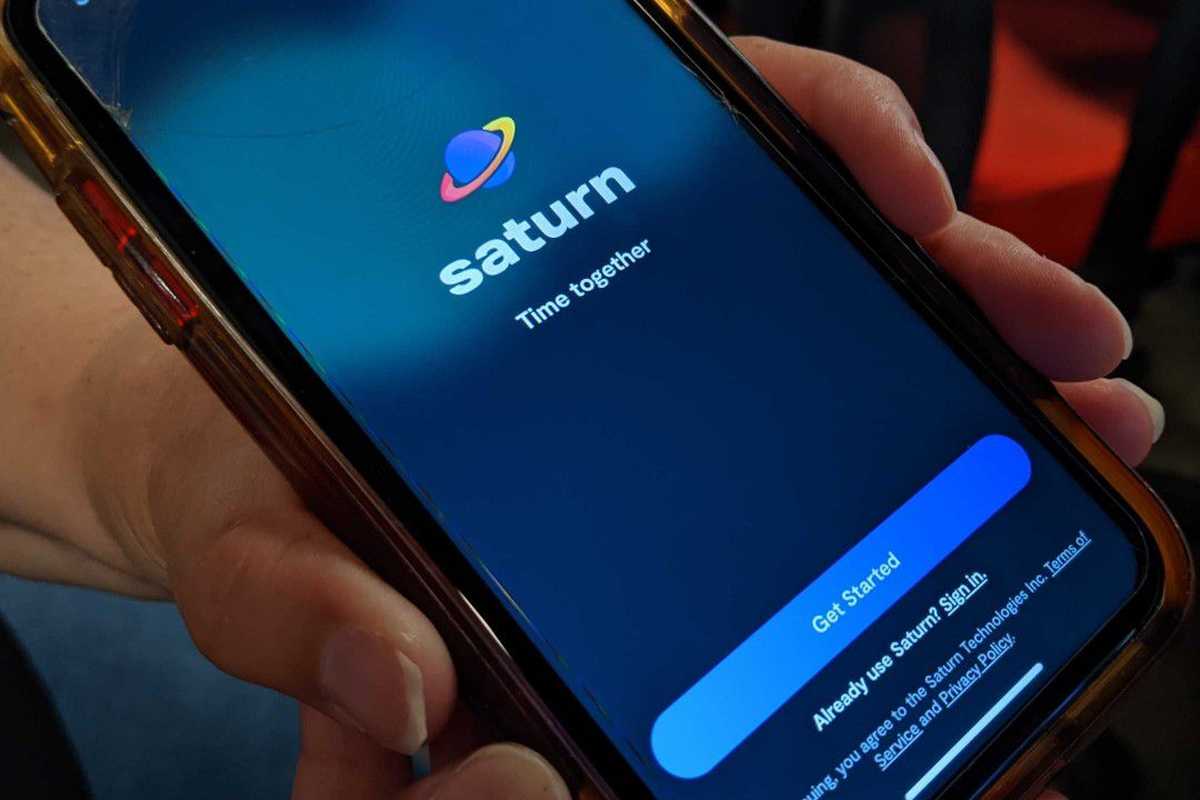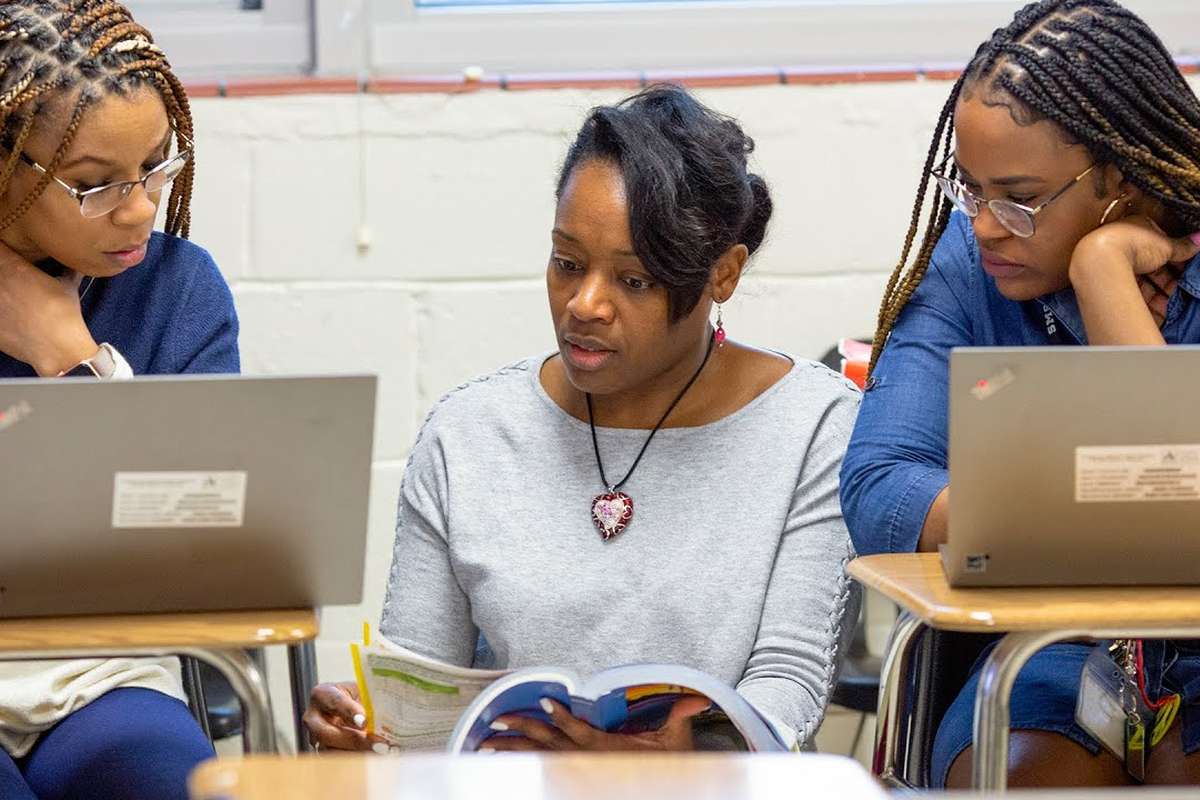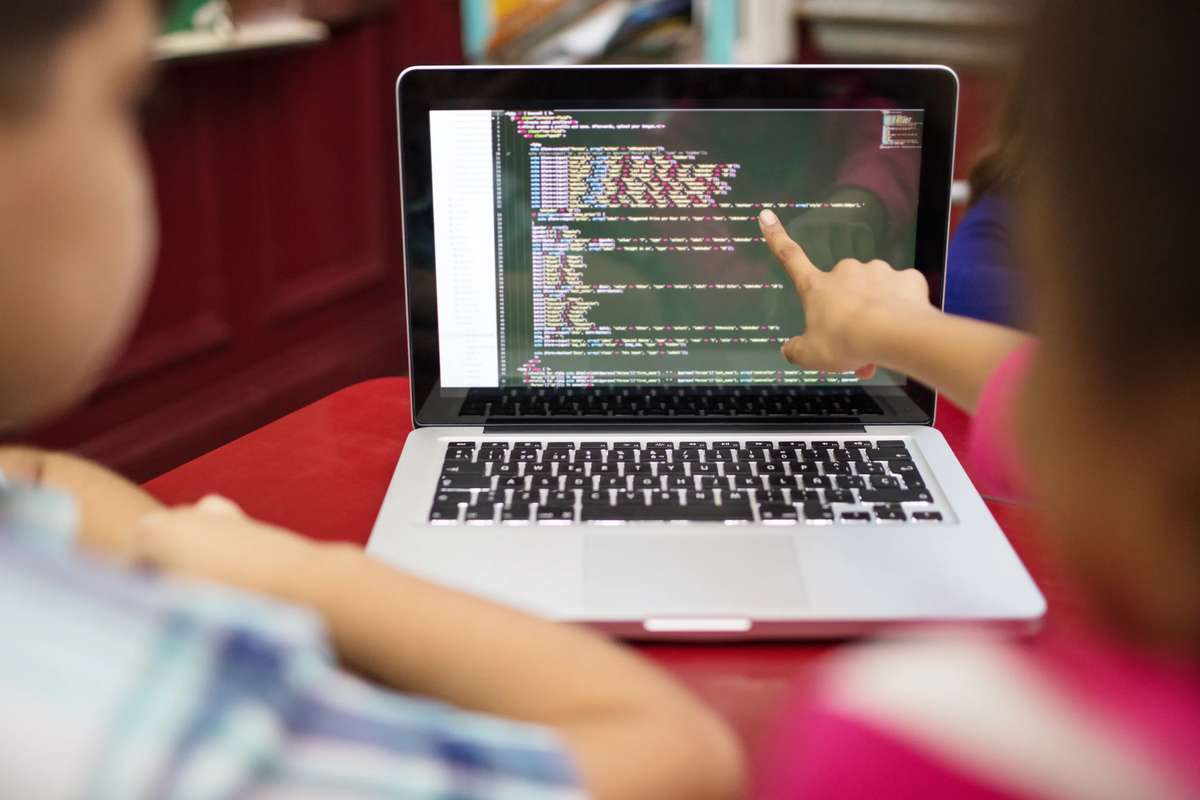Student debates have long been heralded as a vibrant tool for encouraging critical thinking and articulating diverse viewpoints. However, a closer examination reveals that this practice, while well-intentioned, may not always deliver the desired educational outcomes. This is why in…
Khan Academy Introduces AI Tool to Transform Writing Instruction
Khan Academy, which is a leader in online education, has recently launched an innovative AI tool aimed at revolutionizing the way writing is taught and learned. This article delves into the specifics of this groundbreaking development as we examine its…
Should Teachers Be Entitled to Overtime Pay?
The question of whether teachers should be entitled to overtime pay is a complex and often debated issue. Teaching is a demanding profession that often extends beyond the classroom. Teachers spend hours planning lessons, grading assignments, and attending meetings. While…






